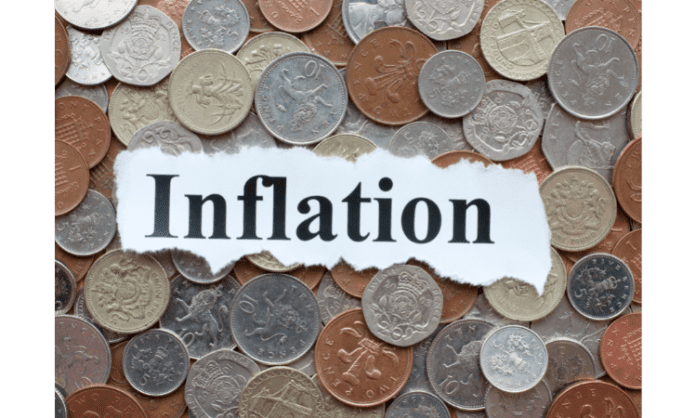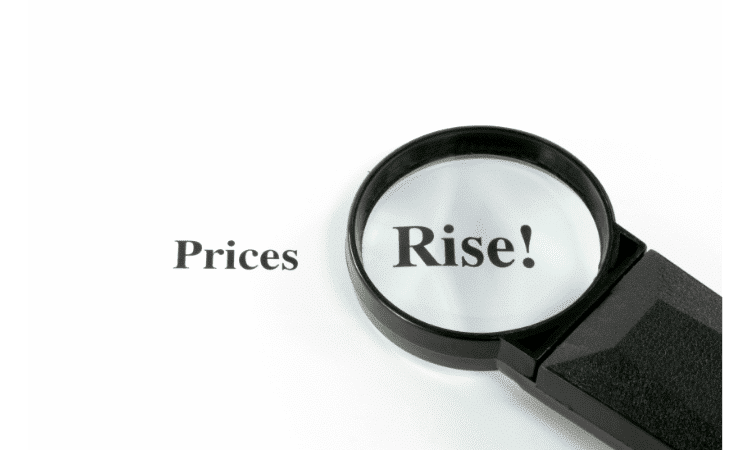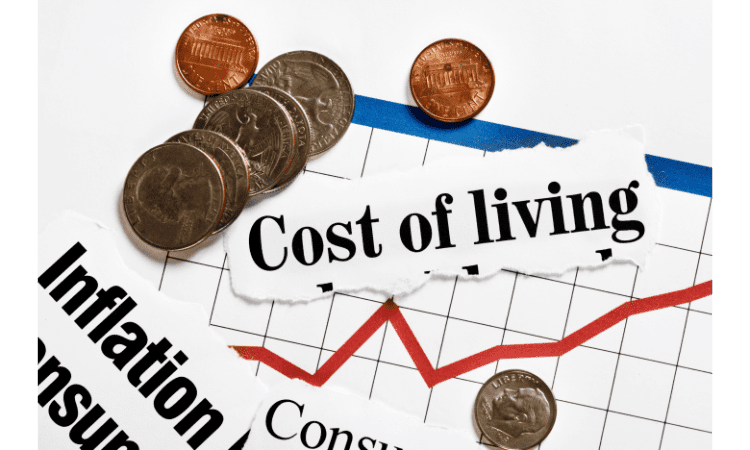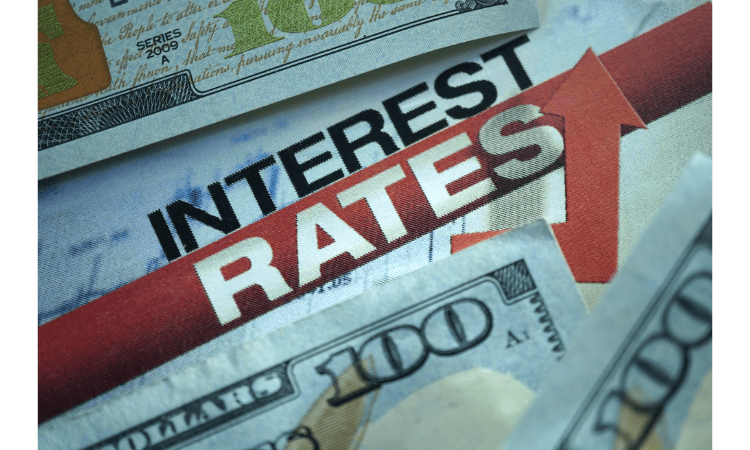
Infaltion is a word that you’ve probably heard, but may not fully grasp. And since it can have such a dramatic impact on your finances, it’s important to understand what inflation means and how it can affect you. Inflation isn’t always bad news; sometimes it’s beneficial. But when too much inflation occurs (and there are many ways this can happen), people lose money because the value of their purchases decreases over time.
Inflation is a financial term referring to the rise in prices of goods and services over time.

Inflation is a financial term referring to the rise in prices of goods and services over time. This phenomenon can have dire consequences for people living on a fixed income, as well as those who rely on savings to pay their bills.
Inflation erodes the value of a currency — making the same thing cost more or less depending on how prices are moving. The opposite is deflation, which occurs when prices fall; it’s rarer than inflation but can still happen during periods of economic recession.
Wages usually stay relatively level, so inflation can eat away at your purchasing power.

Wages are not a reliable indicator of inflation because they can be influenced by many factors other than inflation. Inflation is one of these factors, but it’s not the only one.
For example, if you’re earning $20/hour now, and your employer suddenly raises your wage to $25/hour due to an expected increase in sales that never materialize because the economy takes a dive instead, then yes—you’ll have more purchasing power than before.
But if prices were rising steadily while your wage was increasing (or even falling), this means that your purchasing power has actually decreased: even though your income increased by 25% over two years’ time, its buying power decreased because things cost more than they did two years ago!
When you spend $100 today, in two years it might be worth only $90, because prices have risen 10% over that time.

If you spend $100 today, in two years it might be worth only $90, because prices have risen 10% over that time. Inflation is the rate of change in the general price level of goods and services in an economy over time. Inflation means that any money you have now may not be worth as much later. This is because inflation erodes the value of a currency over time.
Inflation erodes the value of a currency — making the same thing cost more or less depending on how prices are moving.

Inflation erodes the value of a currency — making the same thing cost more or less depending on how prices are moving.
Inflation is a measure of how much the value of a currency is changing. Inflation erodes the value of a currency because it makes the same thing cost more or less depending on how prices are moving.
When inflation causes prices to rise, the buying power of an individual’s money decreases.

When inflation causes prices to rise, the buying power of your money decreases. In other words, you need more money to buy things than you did before. Inflation is a decrease in the value of money over time, and it’s measured by looking at how much goods and services cost compared with how much they used to cost.
Inflation means that any money you have now may not be worth as much later.

Inflation is bad for the economy. It’s bad for savers, businesses and the poor. Let’s look at some of the effects of inflation on:
- The economy
Inflation is a tax on everyone in an economy. Businesses have to pay more money to buy goods and services, but they can’t raise their prices because people won’t buy so many products if they are too expensive (in other words, supply and demand). So instead of raising prices, businesses usually pass along those costs through higher wages or lower profit margins (or both). The result is that workers get paid more while companies make less money off their sales—a situation that’s not good for either party involved.
Why Does inflation matters?

Inflation is a problem for several reasons, one of which is that it can lead to deflation. Inflation is the increase in prices that results from too much money in an economy, whereas deflation is the decrease in prices that results from too little money. Another reason inflation matters is because inflation leads to currency devaluation. For example, if your country has a high rate of inflation and your currency loses its value quickly against other currencies on the market, then people will lose faith in it as an investment or trading instrument and stop using it altogether; this means they have no choice but to buy goods with whatever other currencies they have access to.
How to beat Inflation and stay ahead?

Inflation is a fact of life. It’s also something you can beat, by investing wisely and staying ahead of the game. Here are some ways that you can do just that:
- Invest in stocks – Stocks will help you stay ahead because they’re a great long-term investment. You can even buy stocks at a low price and sell them later when they go up in value; this is called “buying low and selling high.”
- Invest in gold – Gold has been used as money for thousands of years and has been considered valuable since ancient times. When other investments fail to give you good returns, gold should be your next choice because it’s likely to retain its value better than anything else out there right now due to inflationary pressures on the market (or so experts tell us).
- Invest in real estate – If you want more control over how much money goes into your portfolio each year (and less risk), consider buying property instead! There are many different types including condos/apartments; houses; condos/homes at resorts like Sandals Resorts International locations which offer great amenities such as pools & spas located within walking distance from restaurants where meals are served buffet style every morning & evening seven days per week with complimentary access included before 9am & after 6pm daily).
Steps need to be taken to control Inflation

You can control inflation by:
- Raising or lowering interest rates. The central bank may raise or lower short-term interest rates (the rate at which banks lend money to each other) to increase or decrease the amount of money flowing through the economy. This will affect the cost of borrowing and saving, which in turn affects how much people are willing to spend on goods and services.
- Decreasing government spending. If government spending increases too much as compared with tax revenue, this results in an excess demand for goods and services in the economy. This could lead to inflation because higher prices encourage businesses and consumers to reduce their spending on goods and services until they are satisfied with their current level of consumption; this reduction in spending leads businesses who sell those goods/services into financial difficulty which forces them into bankruptcy
Conclusion
The best way to avoid inflation is to invest in assets that are unlikely to lose value over time. This can include things like gold or stocks, but it’s important that you do your research before making any decisions about which investments make sense for you.











